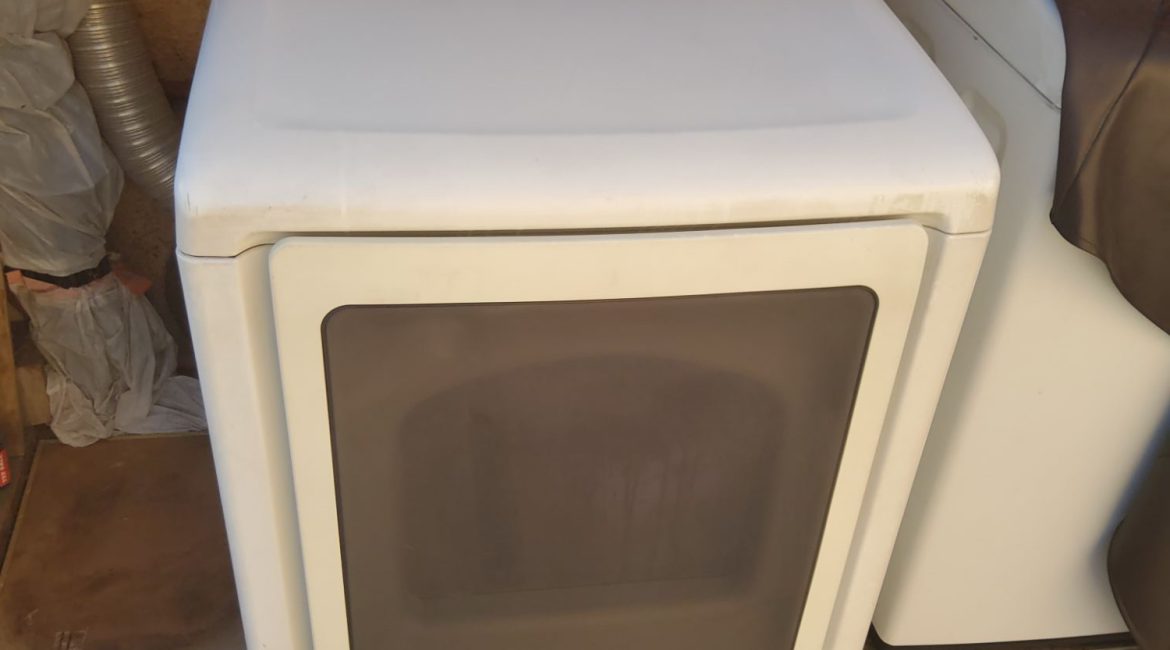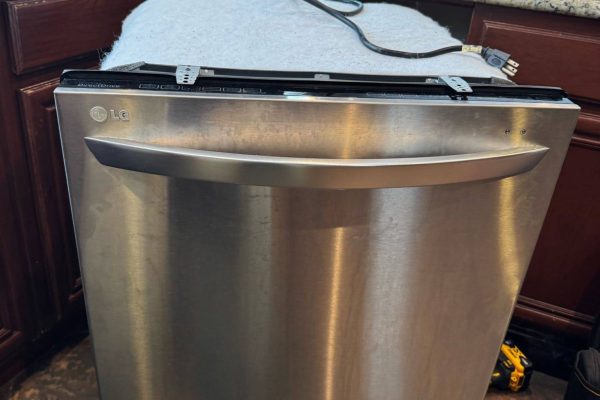A washing machine that freezes mid-cycle is frustrating, disrupting your household routine. Fortunately, this issue is common and often fixable. Understanding the causes and solutions can save time and effort. In this guide, we’ll explore the reasons why washing machines freeze during a cycle and how to address them effectively.
Why Does a Washing Machine Freeze During a Cycle?
Several factors can cause this issue, ranging from minor glitches to mechanical failures. Let’s look at the most common reasons:
- Power Issues
Sudden power interruptions or fluctuations can cause the washing machine to freeze. If your appliance is unresponsive, check the power connection and circuit breakers. - Faulty Timer or Control Board
The timer or control board governs the sequence of the washing machine’s functions. A malfunction in either component can halt the cycle. - Clogged Drain Pump
A clogged or faulty drain pump prevents water from draining properly, which can cause the machine to stop mid-cycle. - Door Lock Malfunction
If the door lock is faulty or not properly engaged, the washing machine might pause to prevent leaks or damage. - Overloading
Overloading the washing machine can strain the motor, causing it to freeze. Heavy loads may also interfere with the drum’s rotation. - Water Supply Issues
Insufficient water pressure or a blockage in the inlet valve can interrupt the cycle.
What to Do When Your Washing Machine Freezes
When your washing machine stops mid-cycle, follow these steps:
- Pause and Restart the Machine
- Press the pause or reset button on your washing machine to see if it resumes the cycle.
- For older models, unplug the machine for a few minutes and then plug it back in.
- Check the Power Supply
- Ensure the power cord is securely connected.
- Reset the circuit breaker if needed.
- Inspect the Load
- If the machine is overloaded, remove some items and restart the cycle.
- Distribute the load evenly to avoid imbalance.
- Examine the Drain System
- Check for blockages in the drain hose or pump. Clear any debris or lint that might obstruct water flow.
- Run a spin or drain cycle to test the system.
- Verify the Door Lock
- Ensure the door is securely closed. If the lock mechanism is damaged, it may need replacement.
- Test Water Supply
- Confirm that the water valves are fully open and the hoses are not kinked or blocked.
- Check for proper water pressure from your household supply.
Preventing Future Freezing Issues
Taking proactive measures can minimize the risk of your washing machine freezing:
- Regular Maintenance
- Clean the drain pump filter and hoses periodically to prevent clogs.
- Descale the machine if you live in an area with hard water.
- Avoid Overloading
- Follow the manufacturer’s guidelines for load capacity.
- Distribute clothes evenly around the drum.
- Use the Right Detergent
- Use high-efficiency (HE) detergent for modern machines.
- Avoid using excessive detergent, as it can create residue and cause malfunctions.
- Monitor Power Supply
- Use a surge protector to safeguard the appliance from power fluctuations.
- Professional Inspections
- Schedule annual inspections to identify and address potential problems before they escalate.
When to Call for Professional Help
If your washing machine continues to freeze despite your efforts, it’s time to consult a professional. Attempting to fix complex issues without expertise can lead to further damage.
Trust Oceanside Appliance Service Center for Reliable Repairs
At Oceanside Appliance Service Center, we specialize in diagnosing and repairing washing machines quickly and efficiently. Our experienced technicians are equipped to handle a variety of brands and models. Don’t let a freezing washing machine disrupt your day—contact us today to restore your appliance to optimal performance!
Call now to schedule your service appointment and get your washing machine running smoothly again.
Contact us


